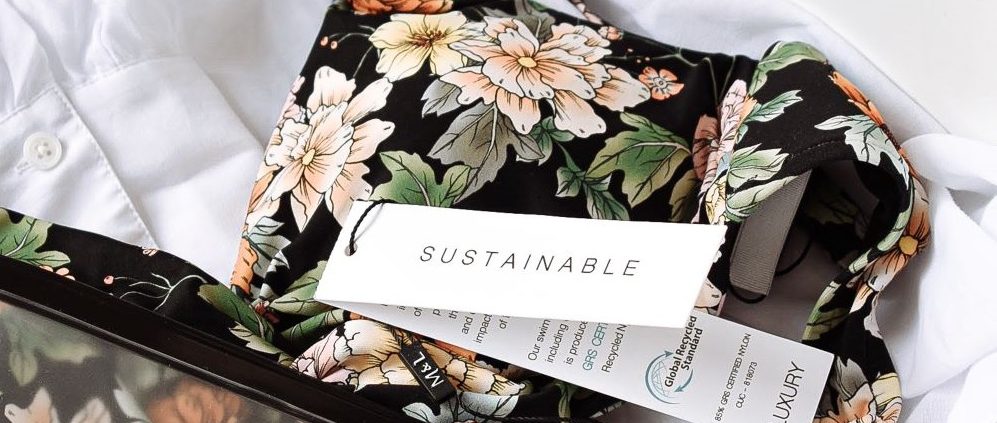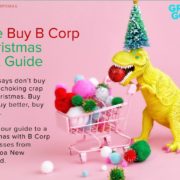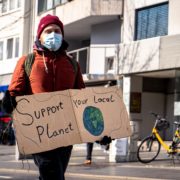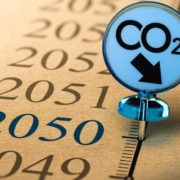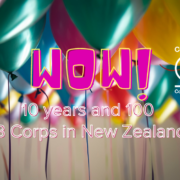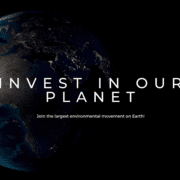Why Kiwis buy sustainable products and services… and why they don’t
What’s driving the Kiwi consumer to buy sustainable products and services? And what are the barriers to purchasing?
This was a big focus in the latest NZ State of the Nation consumer outlook report Q2 2023 by NeilsenIQ. The report considers sustainability a key market trend as the impacts and costs of climate change are increasingly felt across society.
For sustainable brands and B Corps, there are some interesting insights to glean, so we’ve summarised a few points here.
First up, 76% of Kiwis surveyed believe climate change and sustainability are linked and 54% of these people say that sustainability has become more important in the last two years.
Why do Kiwis believe sustainability has become more important? According to this report, it’s because 69% say they see the impact of climate change in the news regularly.
As well,
- 57% say that leaving a liveable world behind for future generations has become more important.
- 52% believe products and services have become more expensive because of extreme climate events.
- 41% are noticing more pollution and waste in their surroundings.
- 36% feel their personal health and safety could be impacted by climate change.
- 48% feel more informed about climate change and sustainability.
Business has to step up
Another telling figure is that 64% of people believe it is very important for companies to take the initiative to reduce their environmental footprint. In the same vein, it’s sustainable packaging claims that most resonate with consumers (aka ‘people’).
The study found that people are more likely to buy sustainable if it had a benefit for their health or the planet. As well, more than 70% of people would most likely stop purchasing a brand that was found guilty of greenwashing. Let that sink in. More than 70% of people would most likely stop purchasing a brand that was found guilty of greenwashing.
What were the barriers to people living a more sustainable life? Three things: cost, limited choice, and confusing messaging.
So, if a sustainable product was seen as too expensive, 56% of those surveyed would not buy it. How do you address this if you’re a sustainable brand that costs more than cheaper, unsustainable alternatives? Justify and explain why it costs more. As well, be clear with your messaging and information because 28% of people say they don’t buy sustainable products because the messaging isn’t clear.
So how to move forward as a sustainable brand?
This survey suggests several actions:
- Ensure your range offers value to help ease the on-going pressures consumers are feeling; optimise your pricing and promo strategies.
- Be the consumers’ choice by offering a unique experience and/or value proportion – in other words, prove your worth against the competition.
- Resonate with the consumer using clear messaging on what is sustainable about your product and how it benefits them.
Sustainability is a key future theme
Sustainability is here to stay as a key market trend. This is only going to grow. Why?
The impacts and costs of climate change are being felt across society.
From 1980 to 1999, there were 3656 climate related disasters that cost $1.63 trillion to address. From 2000 to 2019, these figures almost doubled, with 6682 climate-related disasters costing almost $3 trillion to address.
Governance and cost will accelerate this shift beyond consumer demand.
There are 3 key forces driving business to change
- Role of governance and mandates: Financial reporting requirements, sustainable investments, fines and taxes, new legislations.
- Exploding costs due to the impact of climate change: Rising energy prices, rising cost of goods, supply chain disruption.
- Escalating consumer demand: Cost of living stress, personal impact, availability of choice, shifting values and attitudes.
Around the world, countries are at very different stages of sustainable progress. Some markets have fallen back to carbon intensive habits to recharge economies while other have ramped up investment in renewable energy. Top five green leaders are Iceland, Finland, Norway, Denmark and Sweden. While the bottom five are Bangladesh, Qatar, Zambia, Algeria, and Iran.
New Zealand sits just below the middle of the spectrum, dragging the chain a little, which relegates the nation to the ‘climate laggards’ section.
We need to lift our game in a big way. We can’t wait for government to act (but we still need to push them on that). The business sector has the resources, initiative and creativity to find solutions to the world’s biggest problems. Let’s get on with it.
One route is by becoming a B Corp business.
Become a B Corp
Here at Grow Good, we exist to coach people through the process of becoming B Corp certified.
The B Corp Impact Assessment framework is free to access and provides dozens of useful insights and opportunities for any business but it can be confusing and overwhelming.
We are consultants who have completed the official training provided by B Lab, the organisation that runs the B Corp certification programme. We live, breathe and sleep B Corp. We are your B Corp buddies. We make it easier. We translate the questions into plain English and give you a host of template policies and example documents so you don’t have to start everything from scratch or reinvent the wheel. We show you how to unlock the big point scoring areas most relevant to your business.
Are you ready to go B Corp? It’s completely your decision but if you are, and if you think it would be helpful to have a guiding hand through the process, we’re here to help. Drop us a line or jump straight in and book a free 30 min discovery call with me.
Yours in purpose,
Ngā manaakitanga,
Tamara
Are you Ready to B Better?
Ready to take the plunge towards becoming a B Corp business? Let the Grow Good team guide you through the process either through 1:1 coaching or group coaching on one of our regular cohort programmes for micro businesses. Book a 30-min discovery call with Tamara here.
You can use your Business as a Force for Good.
Just get started. Take the first step. Get in touch

